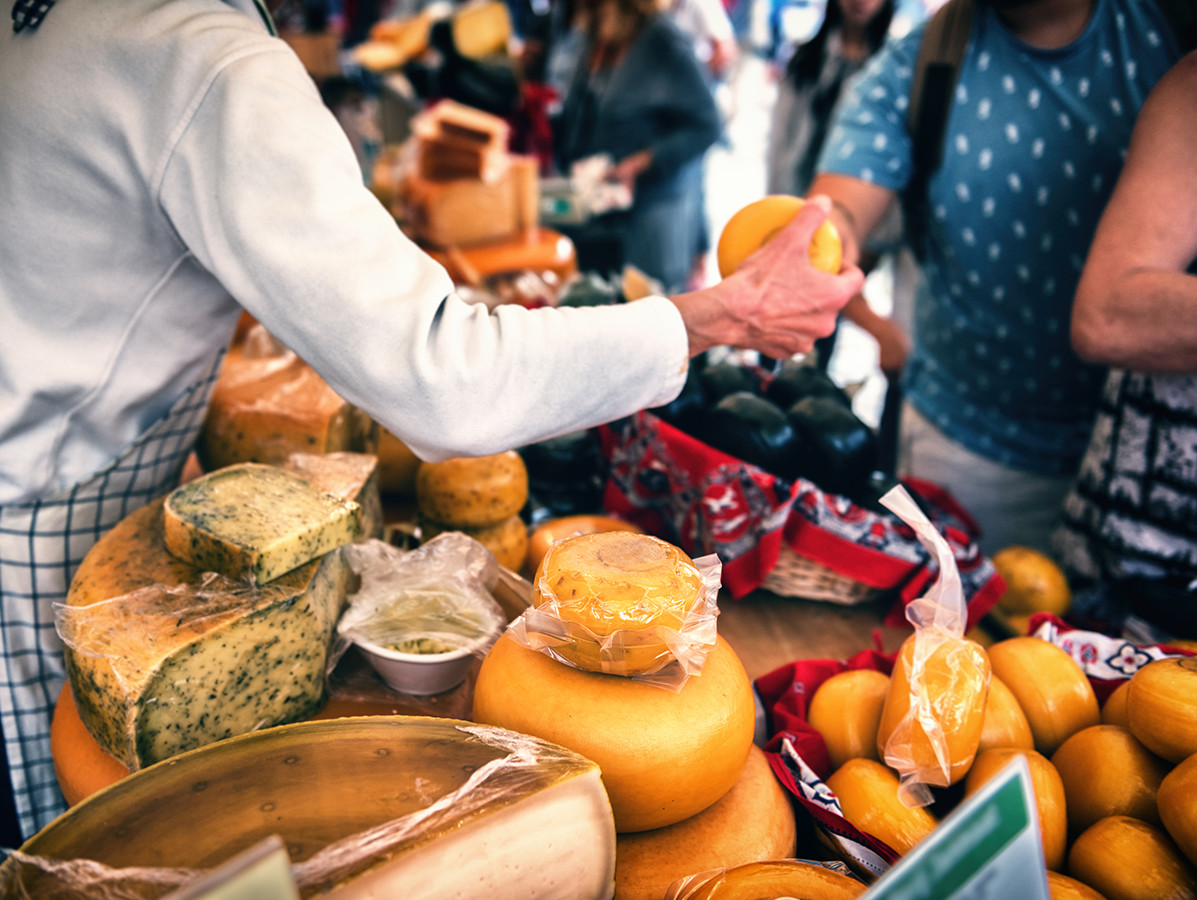
At the moment, about 3 to 4% of the turnover from retail and catering consists of the so-called short-chain sales. That doesn't seem like much, but it still involves a total of 2.2 billion euros. Wageningen University & Research researched if catering industries and supermarkets are willing to use products from the region.
Short chains appeal to the imagination. According to the European definition, a chain may be called a short chain if there is only one link between farmer and consumer. According to the researchers, those requirements are too strict for the farmers. They find that retail industries such as supermarkets and catering outlets demand professional management from farmers, meaning high demands on ordering, invoicing, quality management and marketing; none of which constitute the core business of farmers.
Researcher Gemma Tacken of Wageningen Economic Research states: “Many local providers cannot handle that. Farmers cannot always deliver on command, so that’s a real barrier for them – they often cannot meet those conditions. In order to keep things going, other companies have to be in the middle again – an extra link between, for example, a supermarket and the farmer, which cancels the possibility of falling in the category of ‘short chain’ according to the EU’s definition.”
This research shows that many catering and retail firms have a short-chain policy, but how they categorise it differs considerably. According to the researcher, ‘short chains’ are often seen as the competence of the purchasing departments. Tacken notes that if you categorise it under purchasing, it becomes all about efficiency and money, which in turn demands that ordering system that farmers have difficulty with. Some companies have made short chains a strategic spearhead and have placed the chain policy directly under the organisation’s management. Tacken: “There is something to be said for both, but reasoning from a strategic angle often leaves a little more wiggle room.”
Broadly speaking there are three important steps to take for providers such as farmers in order to meet the requirements of the retail and the catering industries and to make chains as short as possible.
Click here for the research ‘Korteketenproducten in Nederland’ (Dutch only)
wur.nl
Source: Wageningen University & Research